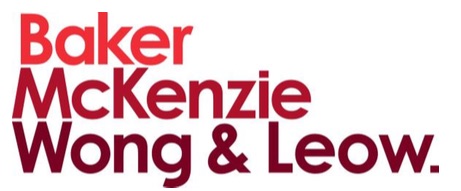31 January, 2020
In December 2019, HSA announced that the following regulatory controls would take effect from 1 January 2020:
(a) No topical antiseptics that contain mercury or any compound of mercury are to be manufactured, imported or exported; and
(b) No cosmetic products containing mercury or any compound of mercury above 1ppm are to be manufactured for export and imported for re- export.
The abovementioned regulatory controls have been introduced as part of Singapore's obligations to the Minamata Convention on Mercury (the "Convention"), which has been ratified on 22 September 2017. The Convention is a global treaty to protect human health and the environment from the adverse effects of mercury, including its ability to bioaccumulate in ecosystems. One of the obligations for parties to the convention includes phasing out the manufacture, import and export of products with mercury by 2020.
Singapore is not foreign to regulatory controls on products containing mercury. At present, Singapore laws already prohibit, among others, the local supply of mercury-added cosmetic products, with the exception of eye-area cosmetic products which can contain mercury-added preservatives within stipulated limits. As alternatives to mercury-added products have become increasingly accessible, the new tighter domestic controls over mercury-added products were indeed only a matter of time given the toxic nature of the heavy metal.
More information on HSA's introduction of regulatory controls on mercury-added products can be found here, and more information on the Minamata Convention can be found here.
For further information, please contact:
Andy Leck, Principal, Baker & McKenzie.Wong & Leow
andy.leck@bakermckenzie.com





